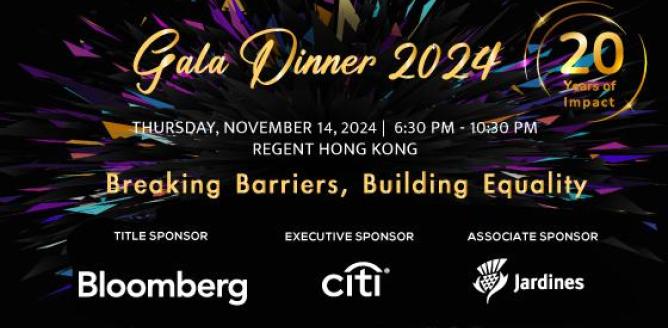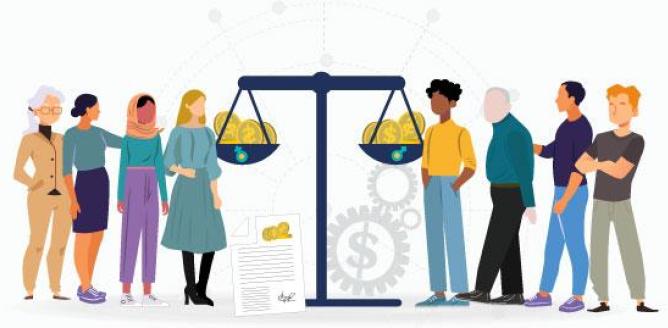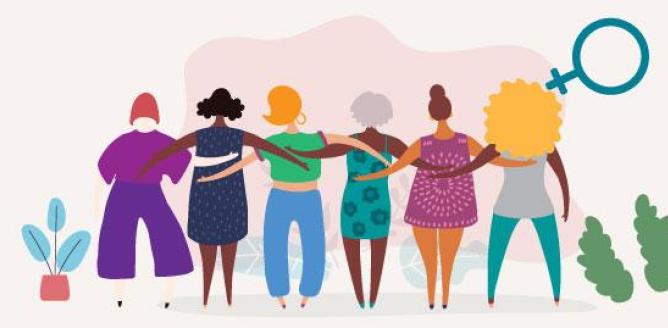“Together, we will change the story — but we are going to have to fight for every penny.” – Serena Williams, tennis champion
The latest move is likely to cement Iceland’s position as the most gender equal country in the world. But elsewhere, “equal pay for equal work” is like a distant dream, even in Hollywood. Michelle Williams earned less than 1% of what her co-star Mark Wahlberg made for reshooting film “All the Money in the World”. She is not alone: Amy Adams, Jennifer Lawrence, Emma Stone, Natalie Portman and Sandra Bullock are just a few of the actresses who have publicly disclosed Hollywood’s gender pay gap.
The media industry is no better. Carrie Gracie, one of BBC’s top journalists, quit her post as China editor to protest pay inequality at the UK-based broadcaster. In her blog post, she drew attention at how widespread the problem is. “Many of the women affected are not highly paid ‘stars’ but hard-working producers on modest salaries. Often women from ethnic minorities suffer wider pay gaps than the rest,” she wrote. “It is pay discrimination and it is illegal.”
Hong Kong’s gender pay gap stands at 22.2%, which is higher not only than a decade ago but also compared with the percentage figures of Singapore, Australia, the UK and the US. We might take pride in our status as one of Asia’s leading finance centres, but women in the financial sector experience the second biggest pay gap.
There have been calls in Wall Street for big firms to disclose their internal data on gender pay. Citigroup, where womenearn 99% of men, is the first one that agreed to do so. TWF believes that we need a holistic approach in tackling gender equality at work, not just disclosing the gender pay data, but also removing the glass ceiling, endorsing a work-life balance that supports ‘working mothers’ and flexible working arrangements that encourage more ‘working fathers’, mentoring and sponsoring women, having zero tolerance against sexual harassment and gender discrimination, and more. It won’t be an easy fight, but it is a necessary one.
P.S. Last week marked the end of Larry Nassar’s hearing - the doctor who pleaded guilty to molesting US gymnasts. His case highlights the systemic flaws that enabled Nassar’s actions, from Michigan State University to the US Olympics Committee. We hope there will be increased pressure for institutional accountability. We have seen a powerful instance of such accountability in the wake of the President’s Club Charity Dinner scandal in the UK, where women reported being sexually harassed throughout the evening. The UK’s Great Ormond Street Hospital returned all donations from the President’s Club, the Club itself has since shut down and the event has led to widespread outrage and calls for a police investigation.





















